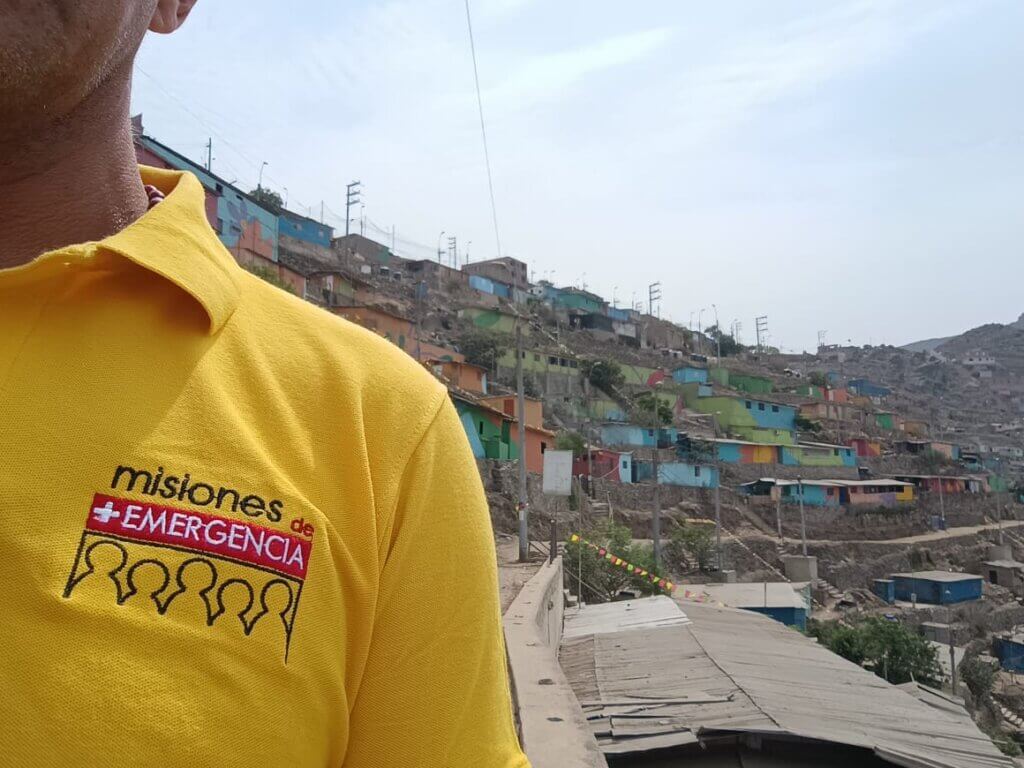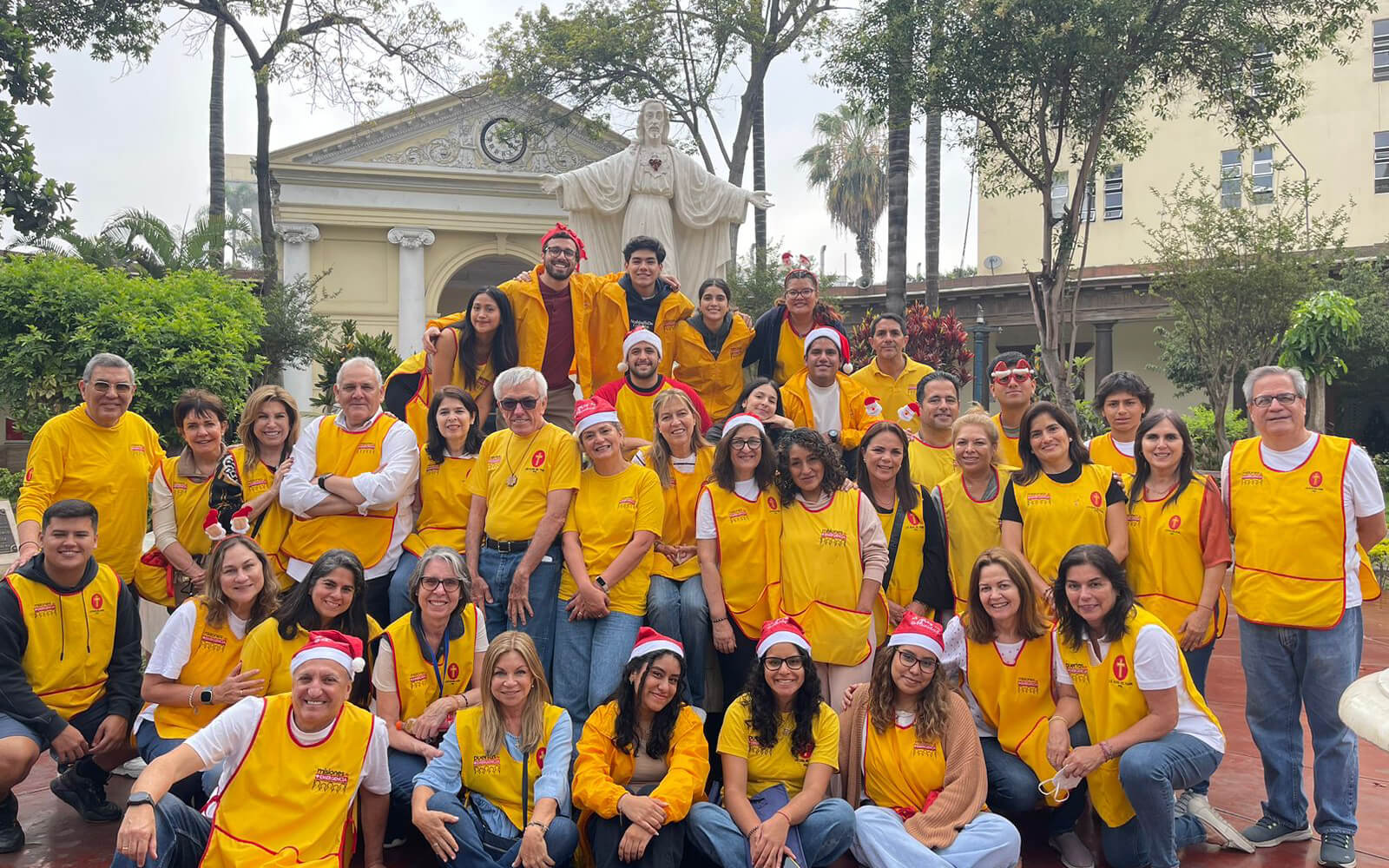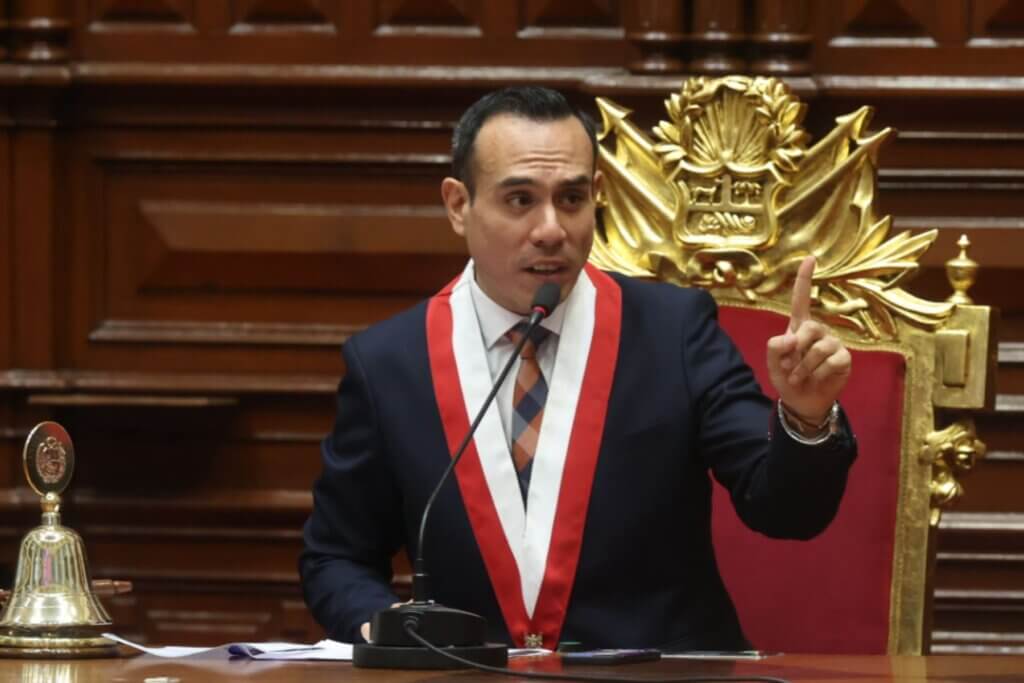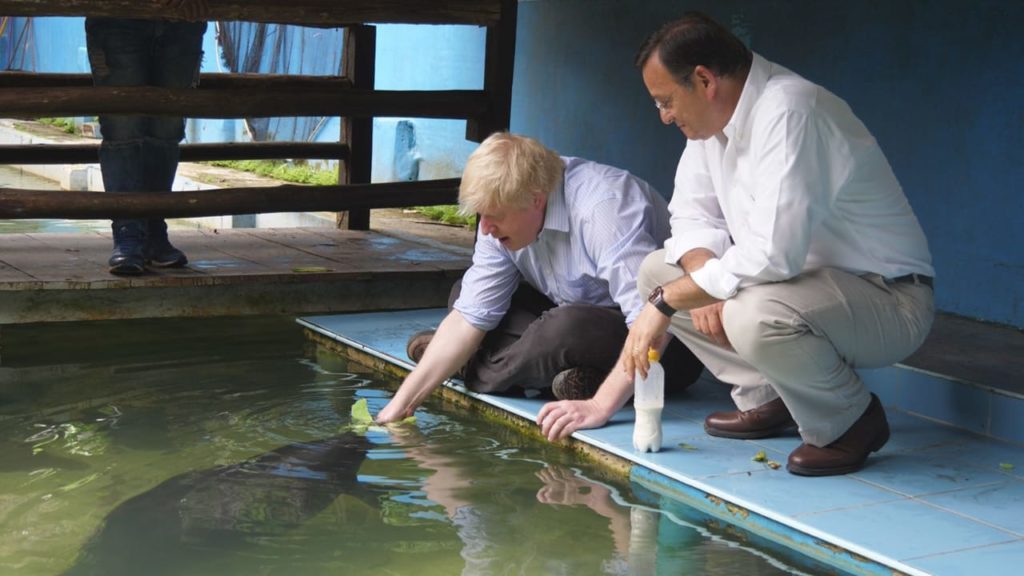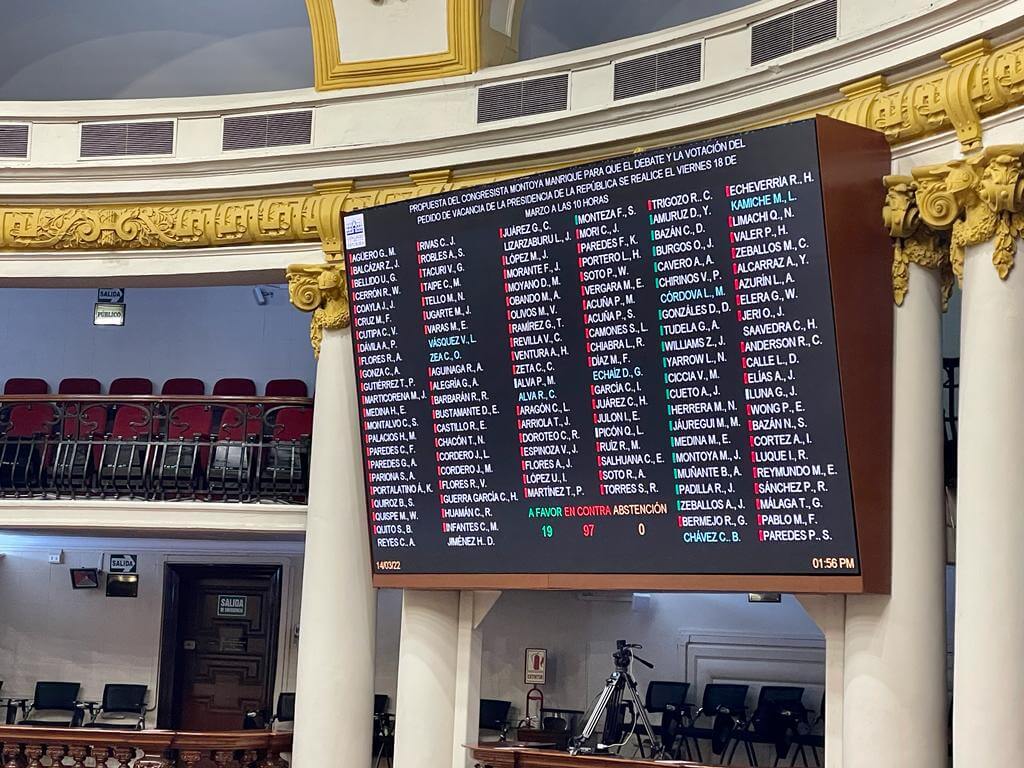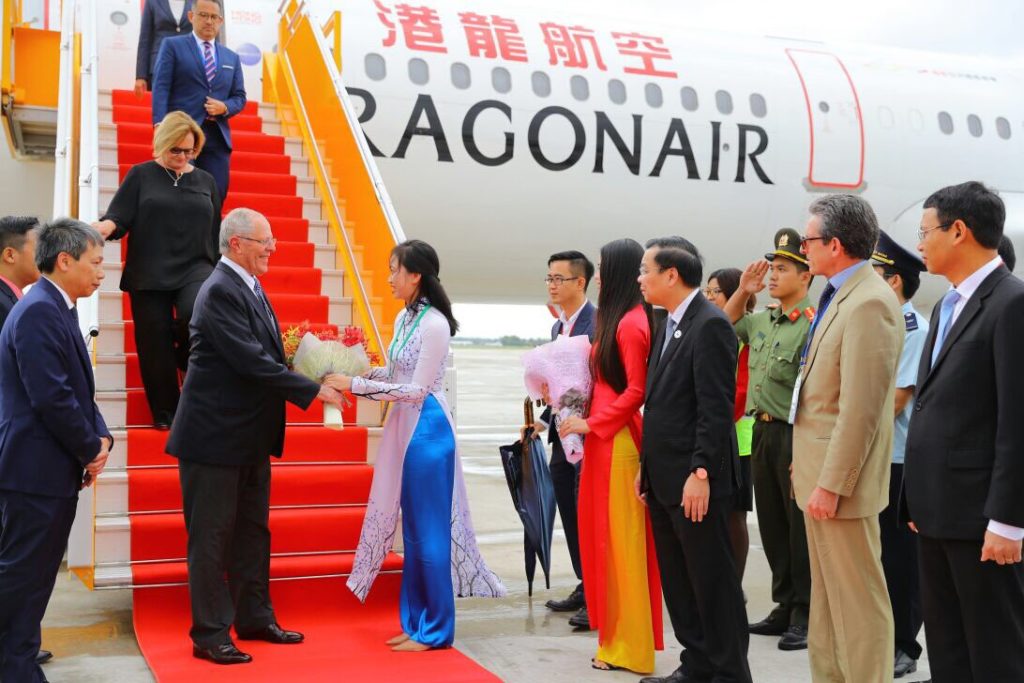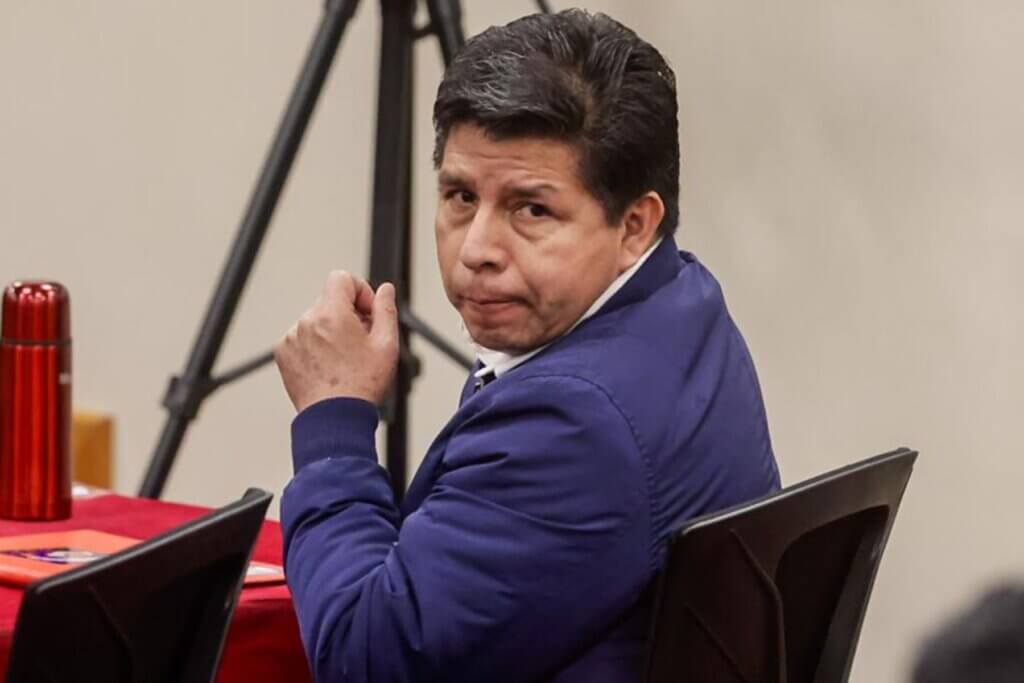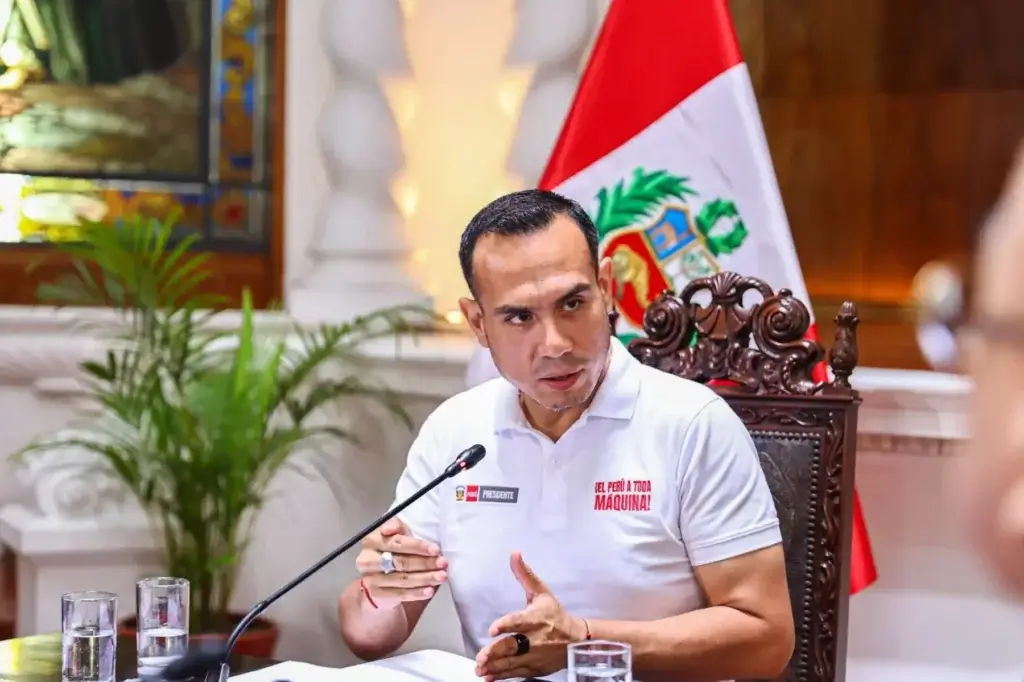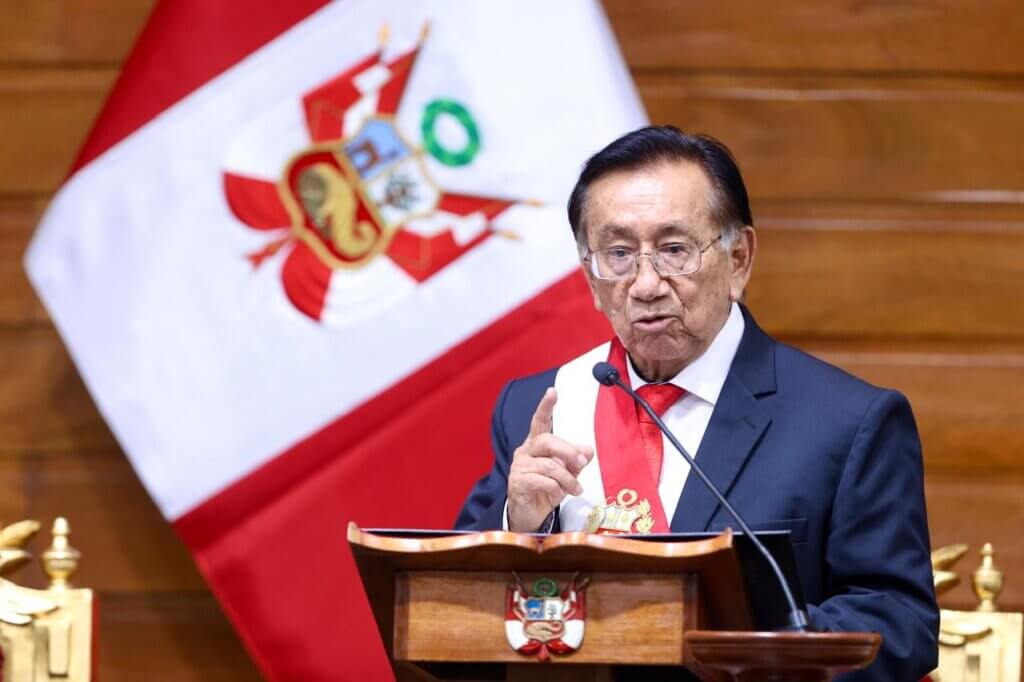Lima, Peru — In the most vulnerable corners of Lima, Peru, where hunger and despair seemed to have taken permanent residence, a man who once rejected faith is now leading a silent revolution of solidarity.
Fabrizio Caciano, after 24 years away from faith, turned his own conversion into Misiones de Emergencia (Emergency Missions), an NGO that not only feeds bodies in hospitals and hillside settlements, but also builds a future by bringing education to those society has forgotten.
His story is a living testimony of how solidarity can change realities in a country where more than 17 million Peruvians face food insecurity.
Emergency Missions, formed by volunteers from his community at Santa María Reina Parish in Lima’s Miraflores district, has been recognized three times with the Metropolitan Volunteer Award in the social organizations category.
Caciano, the leader of this initiative, told Peru Reports that the foundation of this mission lies in selfless service. “We transmit the values we carry within us, and that also transforms those we serve,” he said.
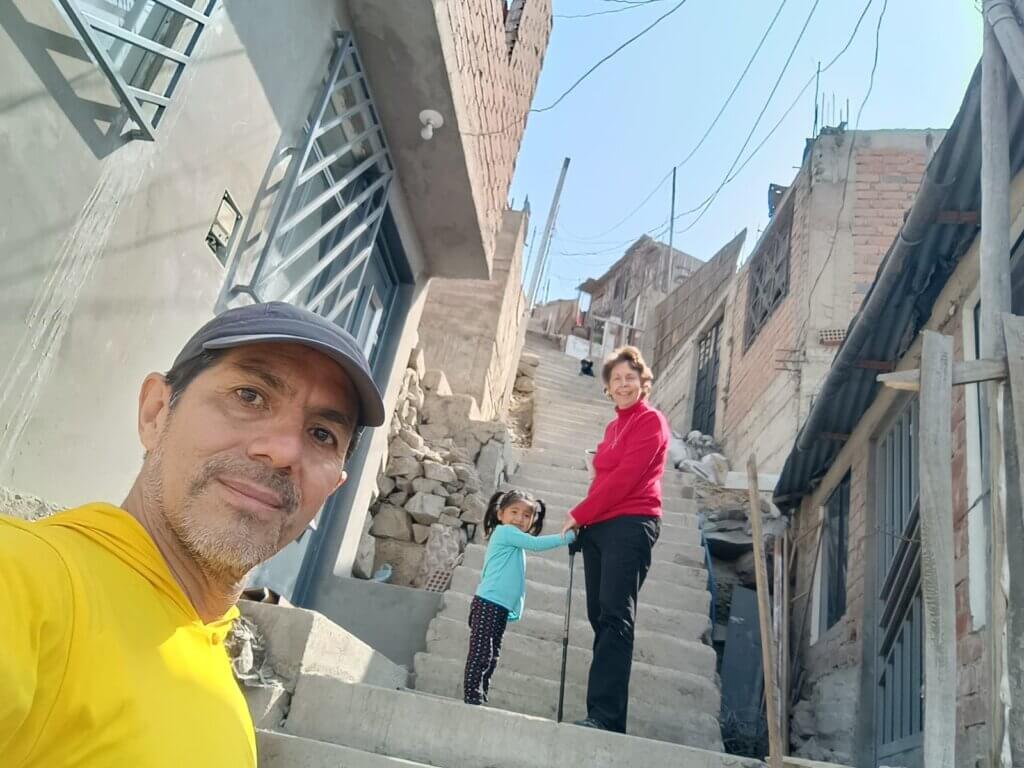
A journey of conversion and service
At 55 years old, Caciano began leading this initiative in 2016 after a long process of personal transformation. Raised in a practicing Catholic family, he regularly attended mass until the age of 18. However, the sudden death of his mother and the loss of his best friend in 1989 led him to abandon his faith for 24 years.
While studying business administration and specializing in marketing, he accidentally discovered his calling to service. Through his passion for making candles, he began working with the NGO Mundo Libre, teaching street children. His commitment led him to become the director of the Street Educators program, working with children struggling with drug addiction in Lima’s most vulnerable areas.
Emergency Doors: the first humanitarian aid project
Since 2016, every week, a group of young people and adults from his community gathers at night to bring love and food to patients and their families in seven hospitals across Lima, alleviating their needs with solidarity and compassion.
“The idea is to provide them with a meal and, above all, companionship, emotional support, and help. These are people facing uncertainty, often without having eaten or without money to return home. We want to be there for those who wait in anguish,” Caciano said.
This is how the Emergency Doors project was born, which has delivered more than 400,000 meals in hospitals to date and currently distributes 1,100 bread rolls weekly.
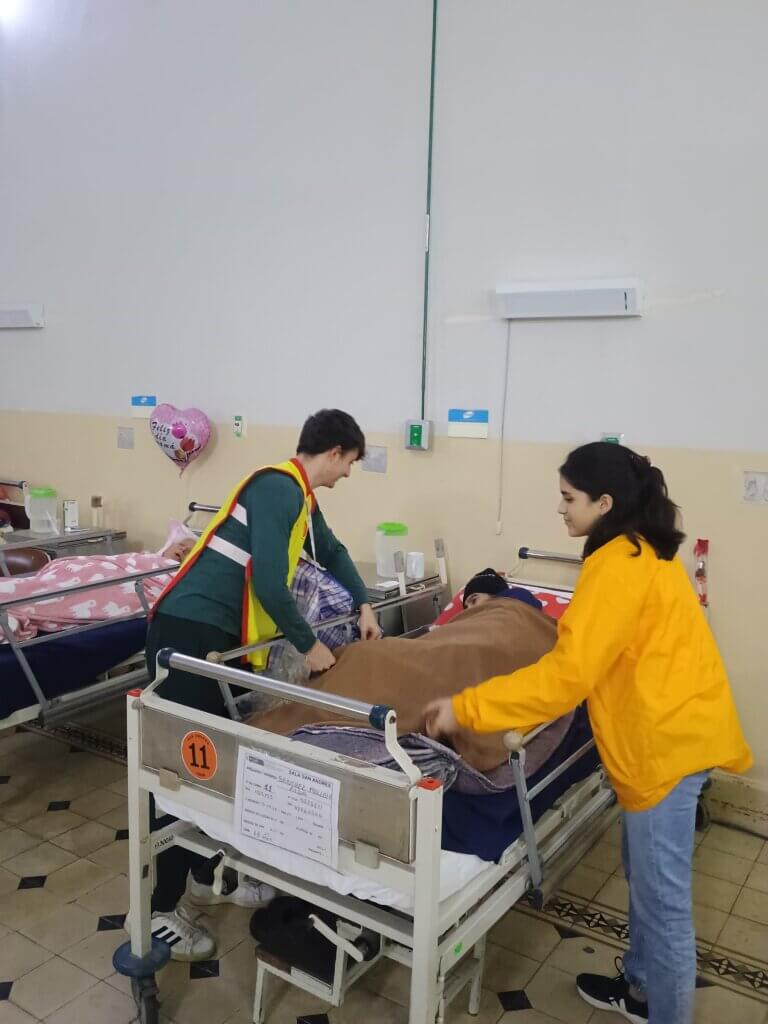
“It’s not just about giving a piece of bread but about looking into the eyes of those who are suffering and accompanying them in their pain,” Caciano emphasized.
In addition to this project, during the pandemic, the Emergency Streets initiative emerged. “We prepared food to bring to those in need, to those who live on the streets, sleep on the streets, and endure the cold winter nights outdoors,” he explained.
Several families joined this project, cooking meals to be distributed in downtown Lima. Currently, about 1,500 dinners are provided each month.
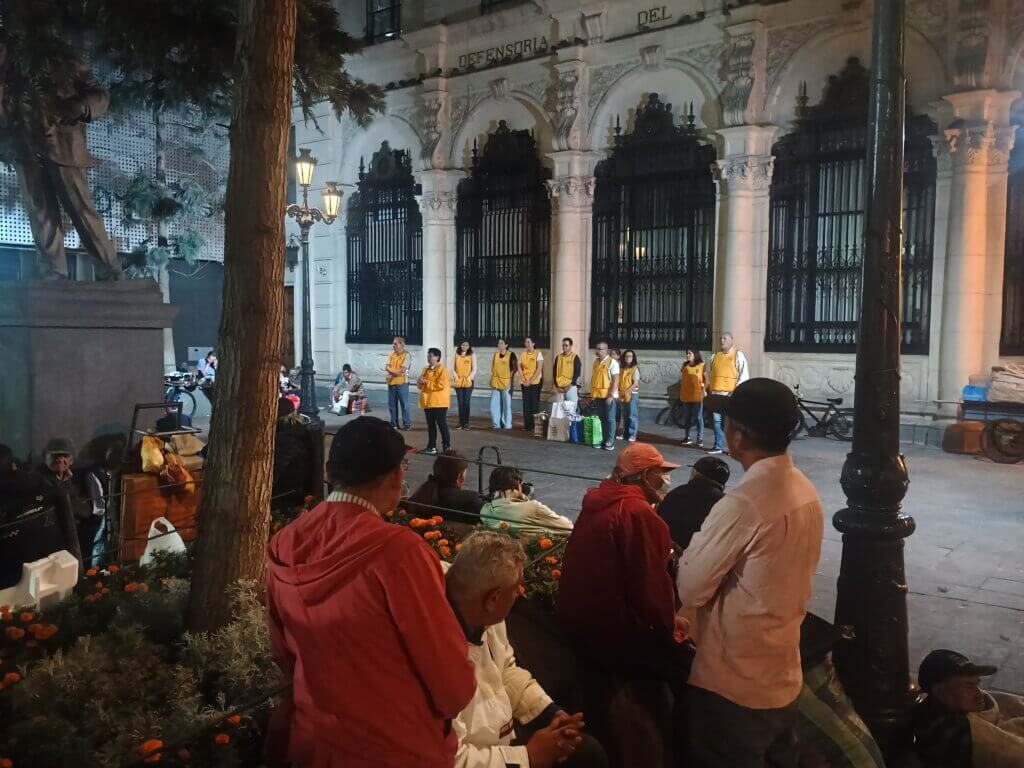
The 2024 FAO report indicates that 51.7% of Peruvians—around 17.6 million people—face moderate or severe food insecurity. This makes Peru the country with the highest food insecurity rate in South America.
Emergency Kitchens: fighting hunger
In response to this crisis, initiatives like Emergency Kitchens have been crucial in providing aid to those in dire need. During the pandemic, Caciano and his team reached the district of Villa María del Triunfo, where they saw dozens of families organizing communal kitchens due to the lack of food. They decided to take action, supplying them with essential ingredients.
“For a year and a half, we provided them with supplies for breakfast,” Caciano recalls. “We saw children who hadn’t eaten all day, desperate mothers searching for something to feed their kids. We couldn’t just stand by and do nothing,” he adds.
This initiative quickly grew and continues to support hundreds of vulnerable families today.
Currently, thanks to an agreement with the supermarket chain Plaza Vea and in alliance with the Prison Ministry of the Lurigancho Penitentiary, they manage to rescue three tons of food per month to share with the communal kitchens in San Juan de Lurigancho, one of Lima’s poorest districts.
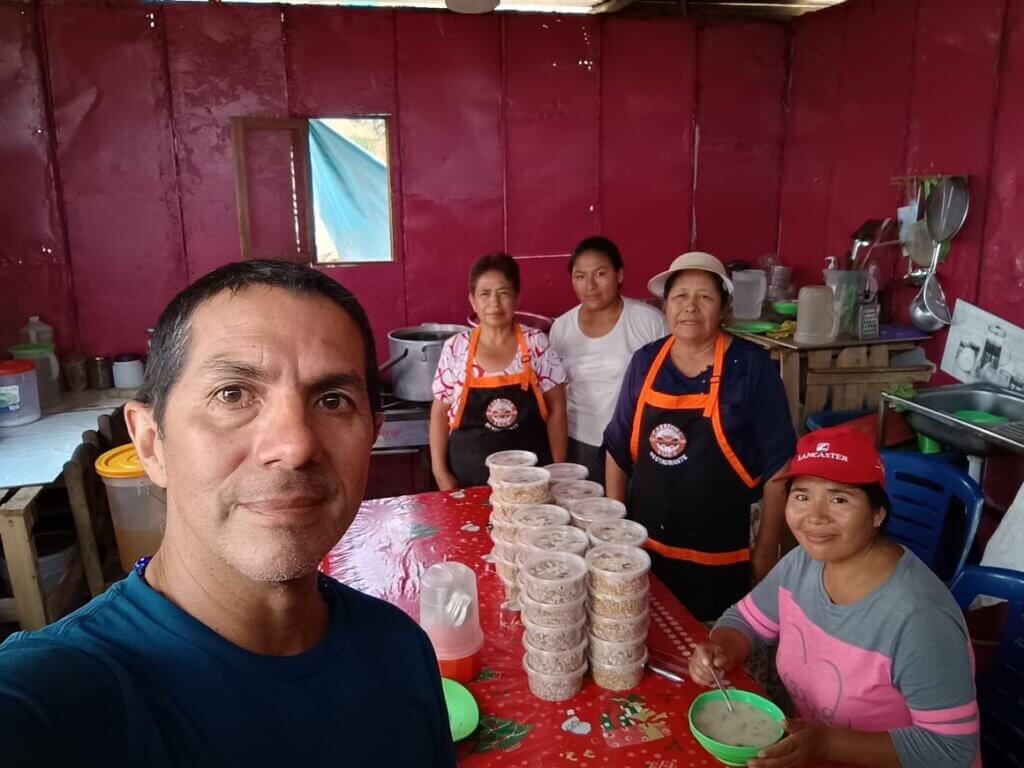
Emergency Classrooms: Education for the most vulnerable
Over time, Emergency Missions identified another pressing issue: the lack of access to education. During the pandemic, many children were left without internet access or the necessary tools to continue their studies.
The solution came unexpectedly when a friend of Fabrizio offered him a device that could provide internet access to 10 people. This gave birth to the Emergency Classrooms project.
“We’ve seen mothers cry with joy because now their children can study. One mother told us: ‘My son wants to be an engineer, but he had no way to study. Now he has the opportunity,’” Caciano shares.
In partnership with Loyalty Bonus, the project has set up 25 learning hubs in Lima Sur, each offering free internet access for a year, along with tablets and printers.
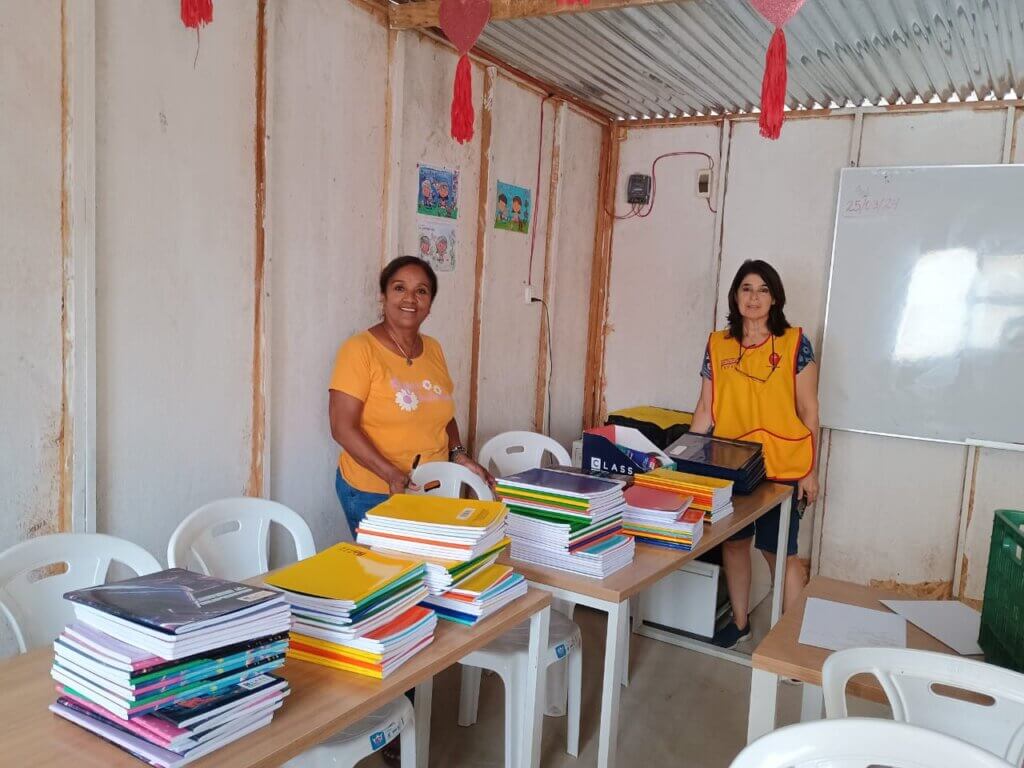
Additionally, they have installed prefabricated classrooms in the highest areas of Lima’s hills, allowing teachers to conduct official in-person classes. Thanks to this initiative, in 2022, they helped 100 mothers from communal kitchens enroll in school within their own communities.
The impact has continued to grow. By 2024, 200 mothers had resumed and completed their studies, and last year, 60 women graduated from high school with official state certification. Currently, Emergency Classrooms operates seven satellite centers to register beneficiaries in different areas of Lima, making education more accessible for those in need.
A message of hope
Regarding the promotion of their work, Caciano noted that they tend to be discreet due to their religious identity, though he acknowledged the importance of raising awareness.
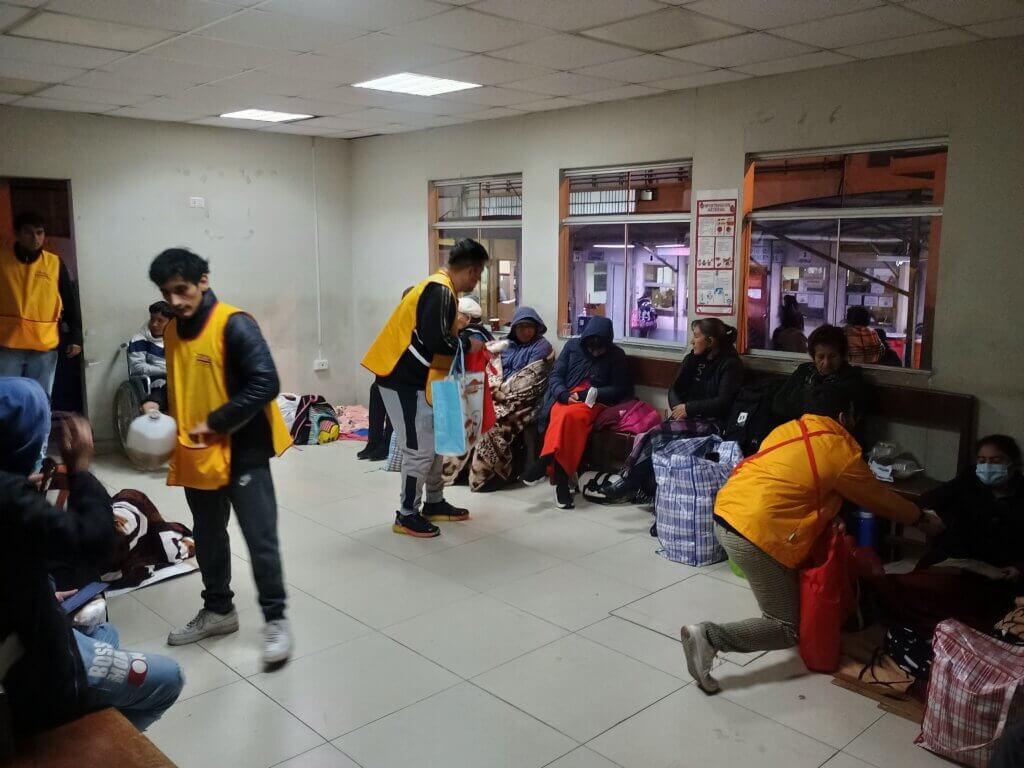
“We do much more than what we show the world, while many showcase more than they actually do. We are present, working in silence. Humility is part of our mission, but it’s also necessary to be known because if people don’t know about us, they can’t help,” he stated.
For this reason, he invited those who wish to support them to experience their mission firsthand. “When someone asks, ‘How can I help?’ I tell them: ‘Come. Come with me to the streets. Come with us to the hospital.’ And along the way, I’ll tell you what’s happening because there’s so much,” he said.
Finally, reflecting on the journey so far, he reaffirmed that this work has been a calling from God that has grown into a lifelong mission for many.
“We have changed lives, not just with what we give, but with what we share: hope, companionship, and faith. And that transforms the heart,” he concluded.
